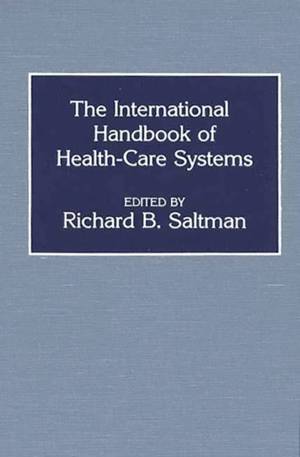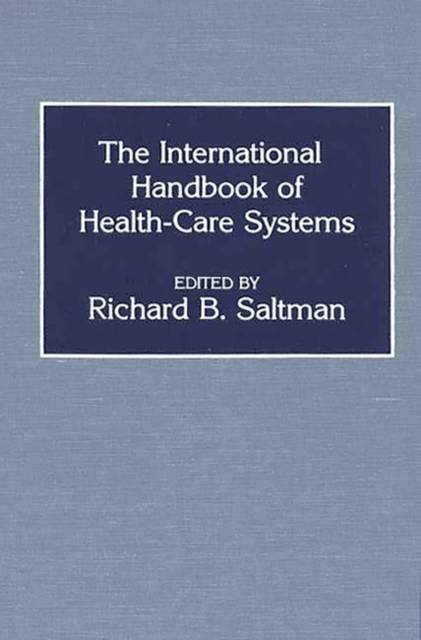
En raison d'une grêve chez bpost, votre commande pourrait être retardée. Vous avez besoin d’un livre rapidement ? Nos magasins vous accueillent à bras ouverts !
- Retrait gratuit dans votre magasin Club
- 7.000.000 titres dans notre catalogue
- Payer en toute sécurité
- Toujours un magasin près de chez vous
En raison de la grêve chez bpost, votre commande pourrait être retardée. Vous avez besoin d’un livre rapidement ? Nos magasins vous accueillent à bras ouverts !
- Retrait gratuit dans votre magasin Club
- 7.000.0000 titres dans notre catalogue
- Payer en toute sécurité
- Toujours un magasin près de chez vous
140,95 €
+ 281 points
Description
[P]rovides a useful compendium of miscellaneous information on a large number of countries, much of which is not usually available in English. Choice
The work is valuable in providing background for health statistics from different sources. As it shows common problems and widely varying approaches to solutions, it is a useful research tool for comparative studies. ARBA The contributing authors provide basic information for starting to think about comparative issues in health care including system rationalization and managerial efficiency; the expansion of primary and preventive care; how best to channel the diffusion of increasingly intensive high technology machines and procedures; how to resolve social inequities in the distribution of available health care resources; spending on health care and its effect on infant mortality and population morbidity; the structure of health care administration; and health care financing. Each author provides not only a picture of the health system's current level of development, but a description of the dynamic forces that drive the system's health care decision-making processes and will determine its path in the future. The contributors highlight the unique historical, cultural, social, political, and/or ideological factors that help to explain the structure that currently exists. The profiles are not themselves comparative in nature, but the selected approach establishes a base from which a reader can make a wide variety of informed comparisons.Spécifications
Parties prenantes
- Auteur(s) :
- Editeur:
Contenu
- Nombre de pages :
- 409
- Langue:
- Anglais
Caractéristiques
- EAN:
- 9780313241116
- Date de parution :
- 07-09-88
- Format:
- Livre relié
- Format numérique:
- Genaaid
- Dimensions :
- 156 mm x 234 mm
- Poids :
- 752 g

Les avis
Nous publions uniquement les avis qui respectent les conditions requises. Consultez nos conditions pour les avis.






